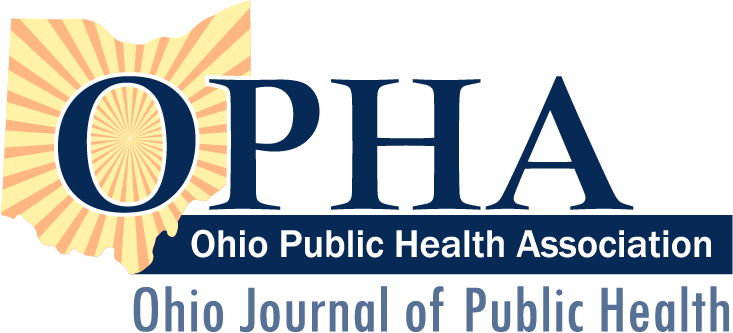Increasing Capacity for Evaluation of Community-Based Organizations: Lessons from the Ohio Equity Institute
Abstract
Background: Community-based organizations (CBOs) play an important role delivering disease prevention and health promotion activities to address community health needs and improve the health of individuals living in their communities. While CBOs play this important role, evaluation of the services they deliver is hampered by limited infrastructure to systematically collect data from these organizations. To address this gap, we report on a case study of the development of the Ohio Equity Institute (OEI) Data Portal. The OEI is a statewide initiative that supports 65 CBOs across Ohio to deliver 3 evidence-based interventions (ie, CenteringPregnancy, Community Health Workers, and Home Visiting) to address infant mortality in underserved populations.
Methods: Employing principles of community-engaged stakeholder research and user-centered design, we conducted Plan-Do-Study-Act cycles, including semistructured interviews with 43 key informants, to improve the development, implementation, and use of the OEI Data Portal.
Results: This process identified both technical and implementation challenges, and offered opportunities to make improvements to the data collection system itself as well as to the integration of this system with CBO workflows. These improvements yielded significant gains in terms of the quantity and quality of data submission, ultimately contributing to ongoing outcome evaluation efforts.
Conclusion: Our findings provide important insight into the challenges experienced by CBOs when participating in a statewide CBO data evaluation infrastructure development and implementation. As Ohio and other states push to expand collaborations between CBOs and health care organizations, leaders should leverage existing data collection to facilitate a more comprehensive and effective process.
Keywords: Community-based organizations, Infant mortality, Disparities, Evaluation
How to Cite:
Walker, D., DePuccio, M., Hefner, J., Sieck, C., Hogan, T., McAlearney, A., Swoboda, C. & Huerta, T., (2022) “Increasing Capacity for Evaluation of Community-Based Organizations: Lessons from the Ohio Equity Institute”, Ohio Journal of Public Health 4(2), 51-71. doi: https://doi.org/10.18061/ojph.v4i2.8469
Rights: Daniel M. Walker, Matthew J. DePuccio, Jennifer L. Hefner, Cynthia Sieck, Tory H. Hogan, Ann Scheck McAlearney, Christine Swoboda, Timothy R. Huerta
Downloads
Download PDF
